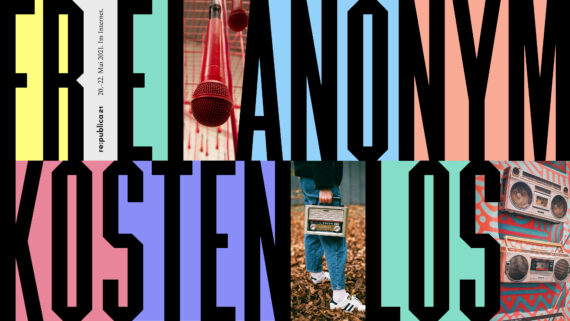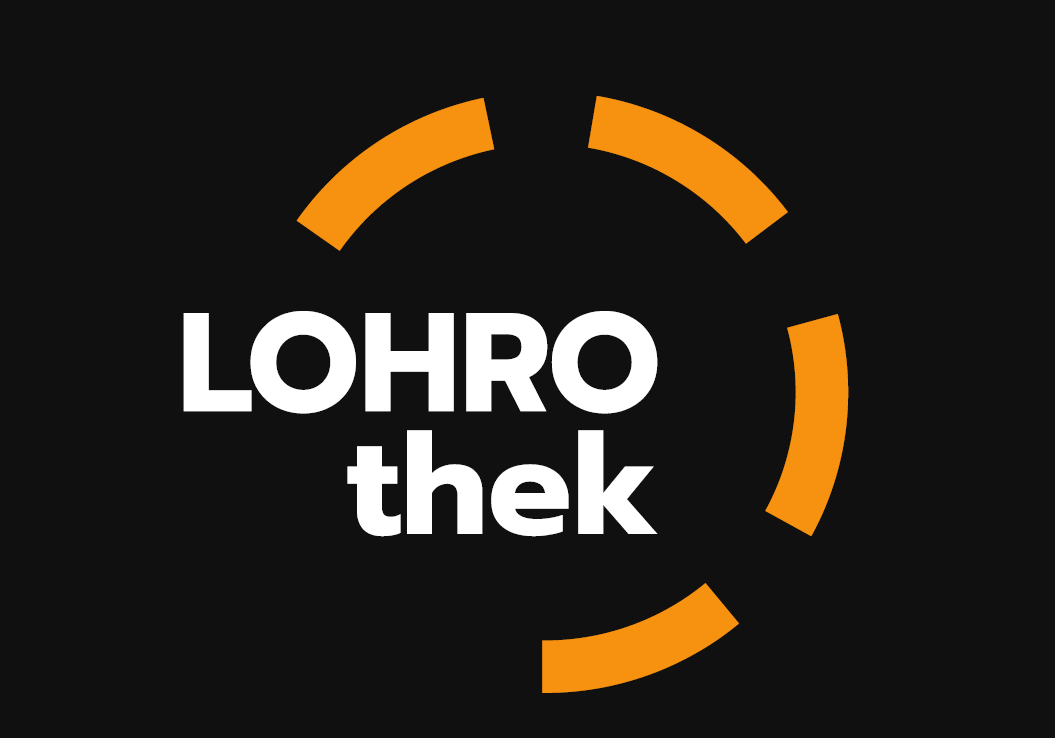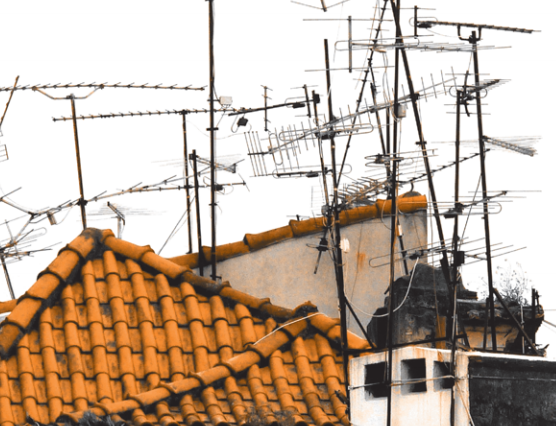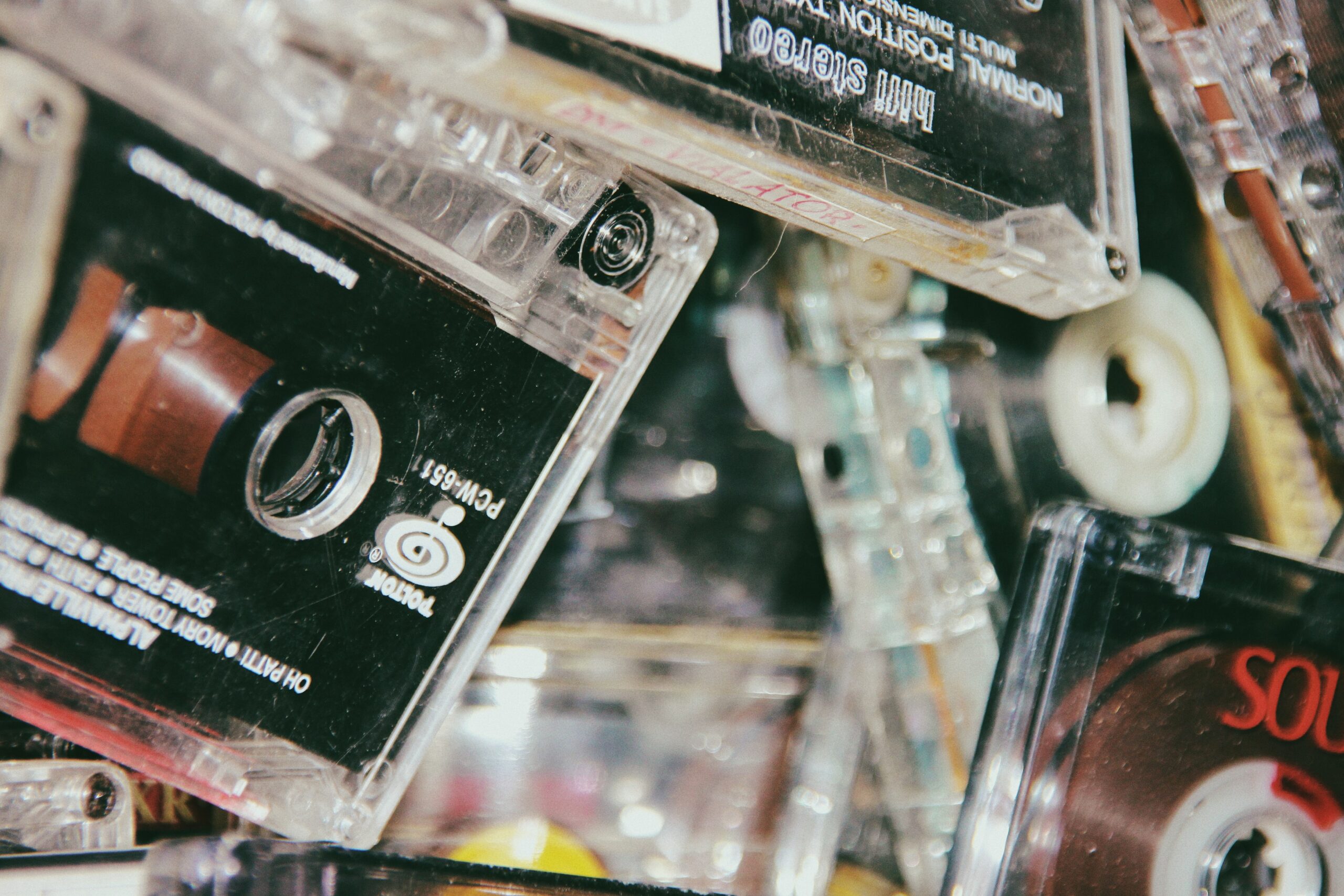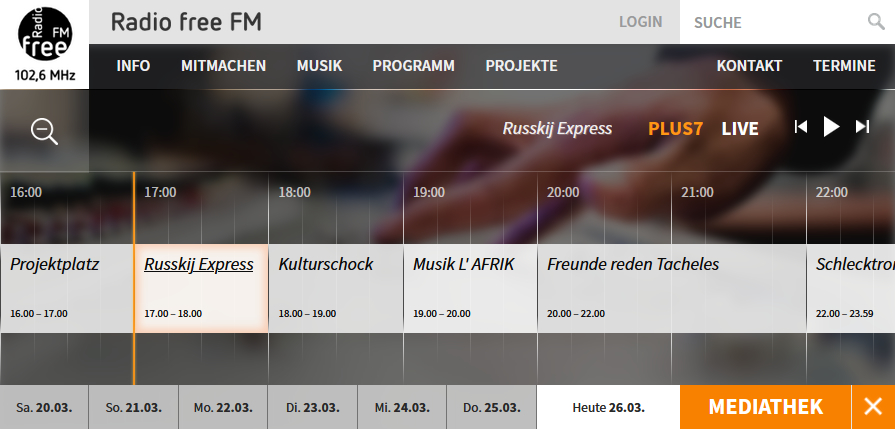Fourth Round of Danube Region Networking Like planets drifting apart, it seems, the Eastern European countries are increasingly isolating themselves from the values of a united Europe. Media pluralism, which is important for democratic stability, has been badly restricted in the Eastern countries in recent years. This affects above all […]
Sabine Fratzke
Logging in only once and then being able to use various tools – this makes it easier for users and administrators alike if different tools are to be used together easily. A central identity management system facilitates administration and creates security. A (sorry only) German workshop explains how modern single […]
The LOHROthek manages editorial content and provides information for other tools. LOHROthek differs between single entries, like an interview, and episodes of a series. LOHROthek thus detachs itself from the fixed framework of a linear broadcast schedule and enables presentation of information for non-linear podcasts. LDAP facilitates user management. Metadata […]
Cultural Broadcasting Archive (CBA) is Austrian counterpart to Freie-Radios.Net: Members of the Association of Free Radios Austria (Verband Freier Radios Österreich, VFRÖ) use CBA as an archive of their broadcasts. More than 100,000 audio contributions in about 50 languages from a wide range of topics are available for listening and […]
The free radio scene is participating at re:publica21, the largest conference on topics of the Internet and digital society in Europe promoting their slogan “FREE, ANONYM, FREE OF CHARGE – What happens to the FREE FREQUENCIES?” „We have noticed that it is unclear in almost all federal states what will […]
After decades of old school html look Felix Sperandio, motivated by congress Zukunftswerkstatt Community Media #zwcm2020 has freed Free Radio Net (FRN) from the old layout and catapulted it into the mobile age with the help of bootstrap4. Not enough he pushed the code up to git of the free […]
Broadcasting or producing a podcast we want to create a positive sound experience for our listeners. Loudness is one quality factor for this. Our listeners don’t want to keep turning volume controls. That’s why we have to ensure constant loudness when producing. We do that by observing normalization. When normalizing, […]
The Lohrothek is an editorial system developed initally for free Radio Lohro in Rostock. Within our projekt danube streamwaves digital we presented it to interested free radios. In order to use it internationally, work is still being carried out on localizing the backend. Front end is already localized to English. […]
Automated Radio (AuRa) is a concept for automating program planning and playout. The modular approach was tailored specifically to the needs of independent radio stations. The initiative for AuRa came from five Austrian stations Radiofabrik (Salzburg), Radio FRO (Linz), Freies Radio Freistadt, ORANGE 94.0 (Vienna) and Radio Helsinki (Graz). They […]
Necessity is the mother of invention – almost a doctrine in free radios. Freies Radio für Stuttgart regularly publishes the print magazine Modulator. In the early years, many free radios had similar print products. They are partly publicity for the diverse program, but also contain additional jounalitic content. Most radio […]
Programme exchange was the most important motivation for networking among independent radios in the 90th. It’s hard to imagine how that worked without the internet: People sent each other copied lists (yes, photocopiers already existed) by letter. Such a thick envelope contained often handwritten lists descriping library holdings of stations […]
Fulfilling digital rights regulation in Community Media Website and Structures. Since 01.01.2014 an agreement with the German legal rights association GEMA enables independent radio stations to publish audios online that are subject to the GEMA’s obligation for a period of seven days following a broadcasting show. But to date, hardly […]



